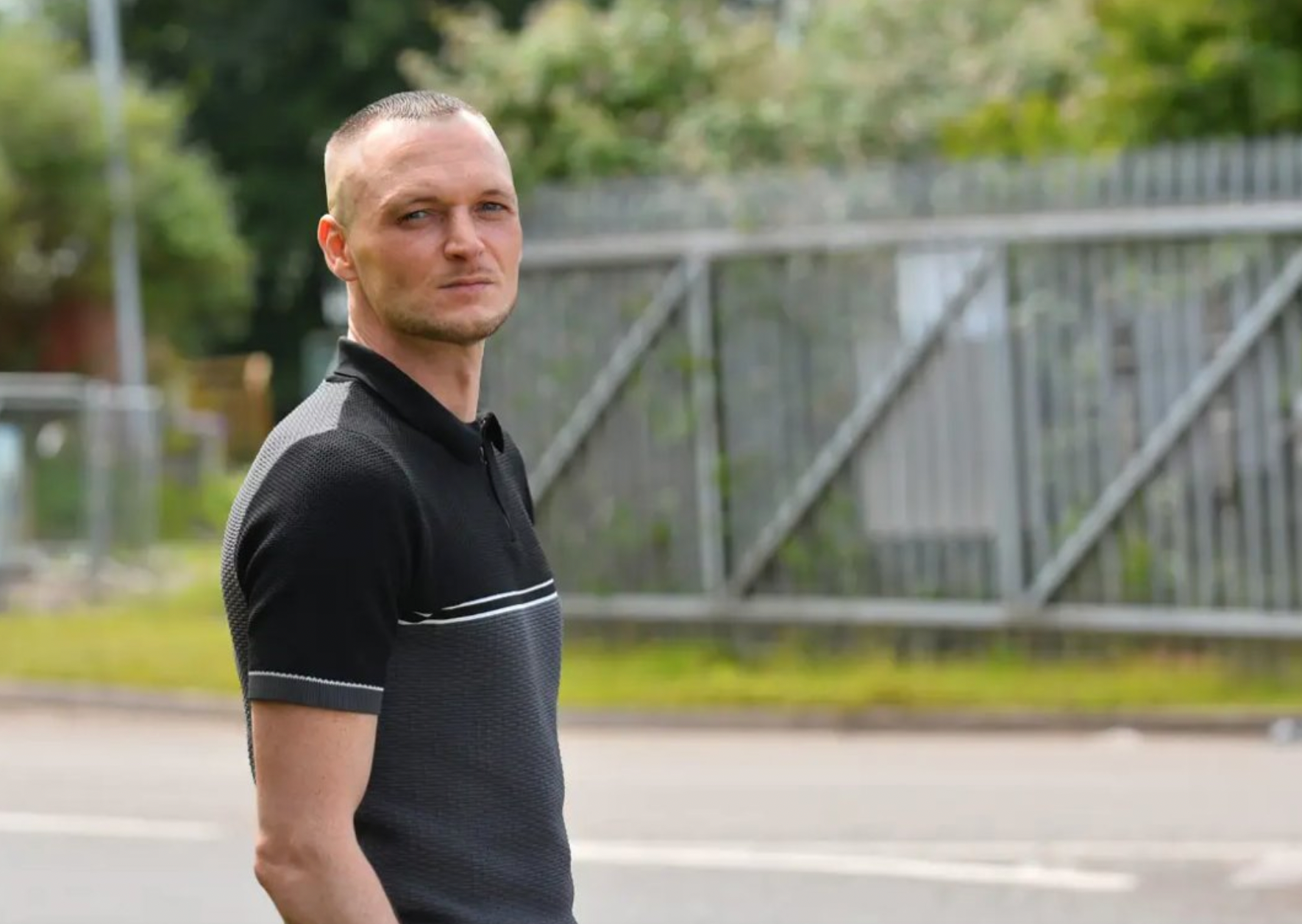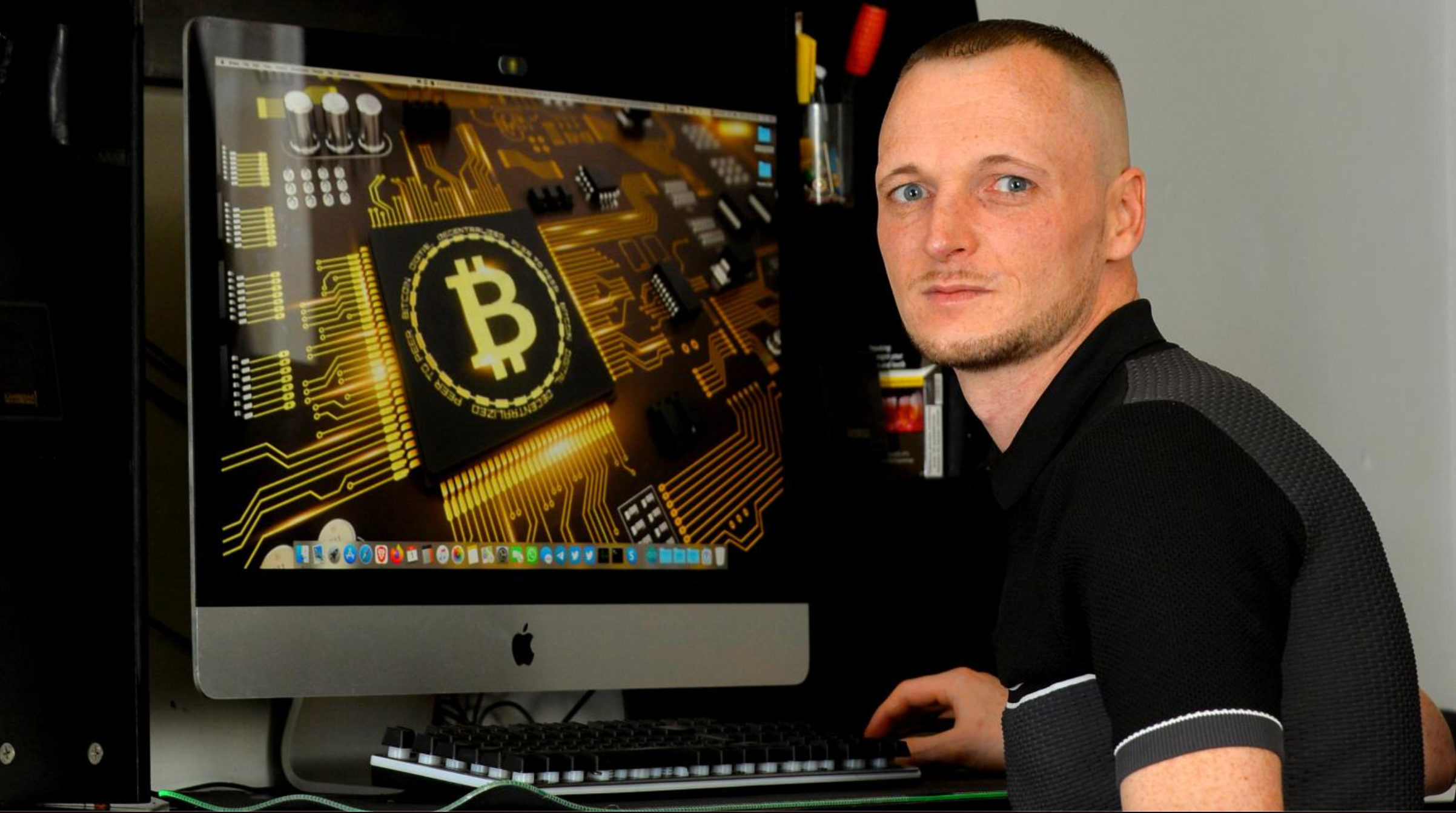Bitcoin miner refused access to landfill site to retrieve £598m hard drive, judge rules
James Howells has been fighting Newport council after his former partner accidentally took the hard drive to the rubbish tip in 2013

Your support helps us to tell the story
From reproductive rights to climate change to Big Tech, The Independent is on the ground when the story is developing. Whether it's investigating the financials of Elon Musk's pro-Trump PAC or producing our latest documentary, 'The A Word', which shines a light on the American women fighting for reproductive rights, we know how important it is to parse out the facts from the messaging.
At such a critical moment in US history, we need reporters on the ground. Your donation allows us to keep sending journalists to speak to both sides of the story.
The Independent is trusted by Americans across the entire political spectrum. And unlike many other quality news outlets, we choose not to lock Americans out of our reporting and analysis with paywalls. We believe quality journalism should be available to everyone, paid for by those who can afford it.
Your support makes all the difference.A man’s bid to sue a council over his attempts to excavate a rubbish tip to find a Bitcoin hard drive worth nearly £600m has had his case thrown out of court by a judge.
James Howells says his former partner had mistakenly dumped the hard drive in 2013, only for it to increase in value over the last year to be now worth an estimated £598m.
While the landfill in Newport in Wales holds more than 1.4 million tonnes of waste, Mr Howells said he had narrowed the Bitcoin wallet’s location to an area of 100,000 tonnes.
Despite this, the local council asked a High Court judge to strike out his legal action to access the site or receive £495m in compensation, arguing that it had now become its property when it entered the rubbish tip.
Judge Keyser KC said that there was “no realistic prospect” of the case succeeding at trial, and ruled that there were “no reasonable grounds” for bringing the claim.

Bitcoin is known as a form of cryptocurrency, meaning it is completely virtual with no physical notes or coins. It can be used online to buy products and is kept in a digital wallet, with a number of shops and countries banning its use.
Mr Howells first began using Bitcoin during the late noughties shortly after its insitgation and forgot about it when it was thrown out to the landfill.
However, in 2024 the value of the cryptocurrency rose by more than 80 per cent in 2024 and Mr Howells assembled a team of experts to attempt to locate the missing file.
He took legal action against Newport City Council with the backing of an American hedge fund, after repeatedly being refused access to excavate the area.
Speaking to The Independent in 2023, he said: “Over the last 10 years I’ve always tried to engage with Newport City Council in a businesslike manner, they are the site owner, they are the operator, they own the permit for the landfill, so I’ve always wanted to be friends with them and work with them,” he said.
“And to do that I’ve always tried to build a bigger, better team to try and impress them and finally engage with me.”
James Goudie KC, for the council, had argued that environmental permits forbid such searches, and the offer to donate 10 per cent of the money to the local community was encouraging the council to “play fast and loose”.
Judge Keyser ruled: “I consider that the particulars of claim do not show any reasonable grounds for bringing this case.
“I also consider that the claim would have no realistic prospect of succeeding if it went to trial and that there is no other compelling reason why it should be disposed of at trial.”
Join our commenting forum
Join thought-provoking conversations, follow other Independent readers and see their replies
Comments